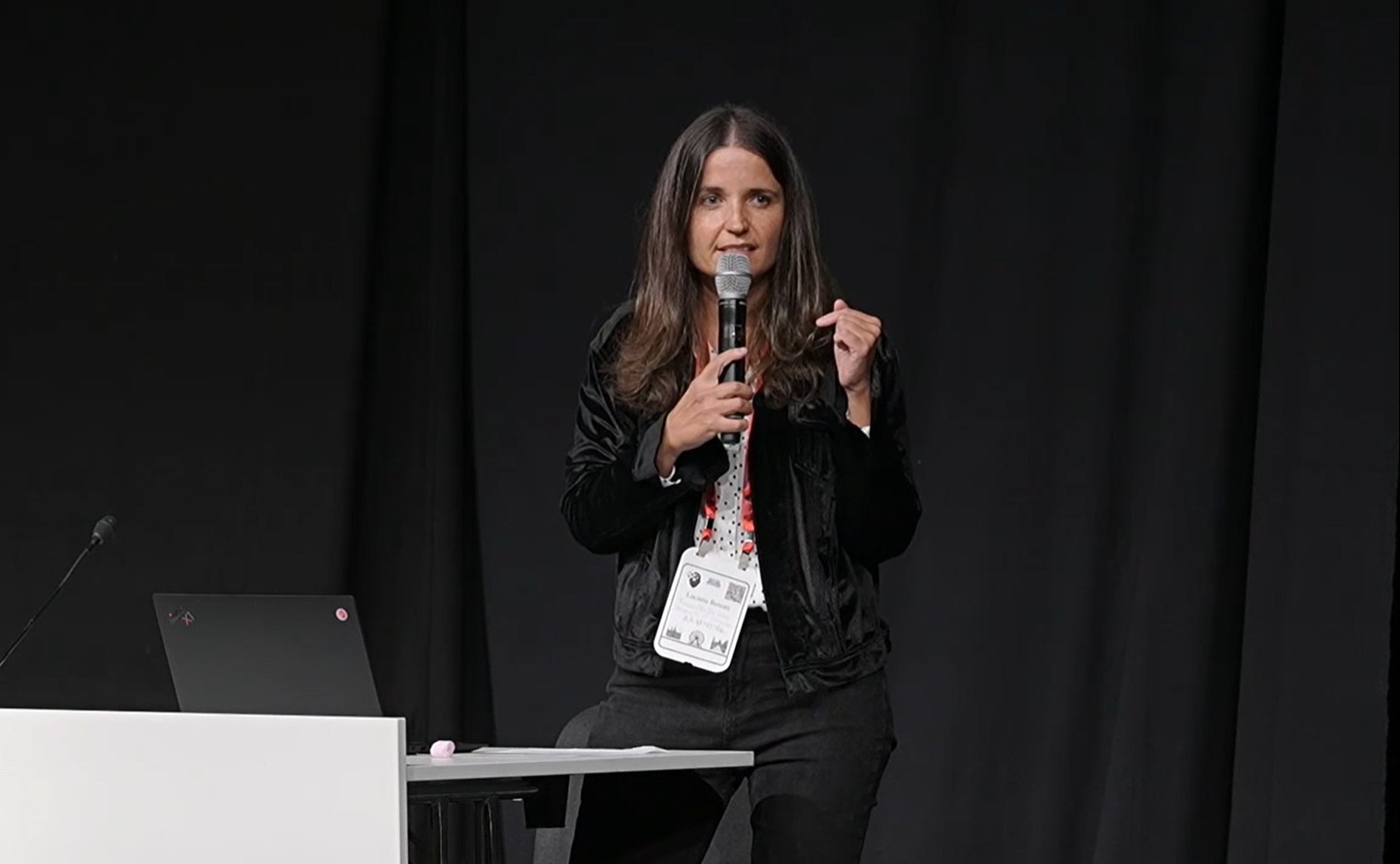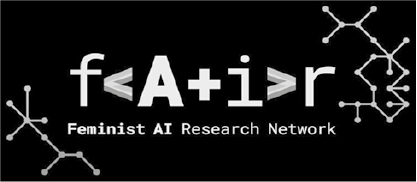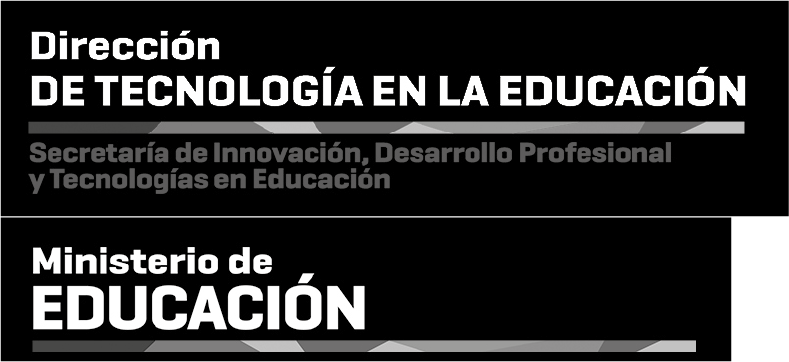On July 25, Luciana Benotti will participate as a moderator in different presentations within the block: “Agents and World Modeling” at the International Conference on Machine Learning (ICML).
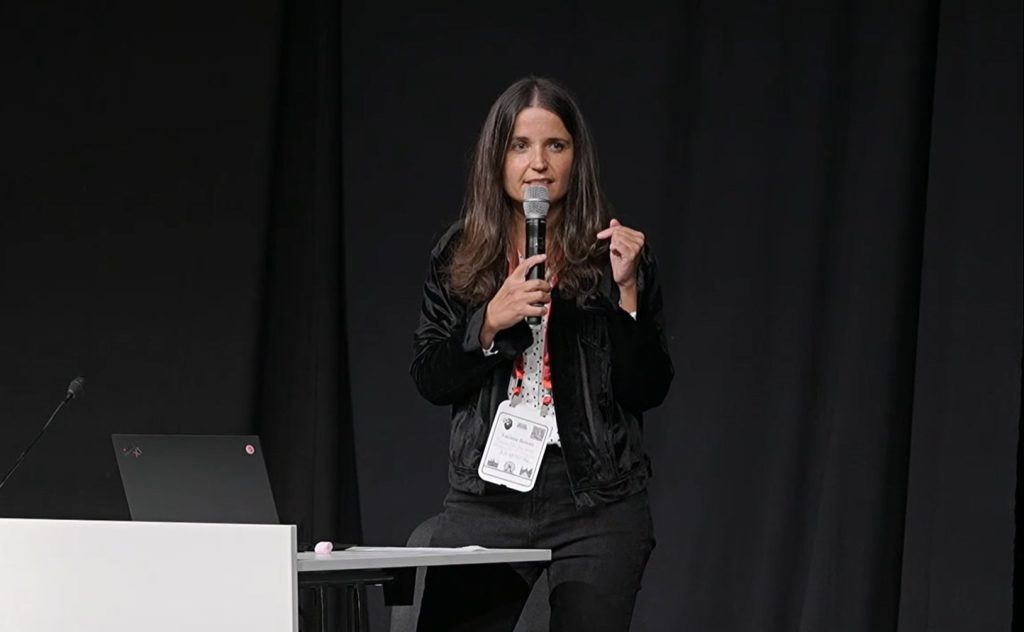
ICML is globally renowned for presenting and publishing cutting-edge research on all aspects of machine learning used in closely related areas like artificial intelligence, statistics and data science, as well as important application areas such as machine vision, computational biology, speech recognition, and robotics.
Position: Open-Endedness is Essential for Artificial Superhuman Intelligence 16:30 – 16:45 CEST
Edward Hughes · Michael Dennis · Jack Parker-Holder · Feryal Behbahani · Aditi Mavalankar · Yuge Shi · Tom Schaul · Tim Rocktäschel
In recent years there has been a tremendous surge in the general capabilities of AI systems, mainly fuelled by training foundation models on internet-scale data. Nevertheless, the creation of open-ended, ever self-improving AI remains elusive. In this position paper, we argue that the ingredients are now in place to achieve open-endedness in AI systems with respect to a human observer. Furthermore, we claim that such open-endedness is an essential property of any artificial superhuman intelligence (ASI). We begin by providing a concrete formal definition of open-endedness through the lens of novelty and learnability. We then illustrate a path towards ASI via open-ended systems built on top of foundation models, capable of making novel, human-relevant discoveries. We conclude by examining the safety implications of generally-capable open-ended AI. We expect that open-ended foundation models will prove to be an increasingly fertile and safety-critical area of research in the near future.
Learning to Model the World With Language 16:45 – 17:00 CEST
Jessy Lin · Yuqing Du · Olivia Watkins · Danijar Hafner · Pieter Abbeel · Dan Klein · Anca Dragan
To interact with humans and act in the world, agents need to understand the range of language that people use and relate it to the visual world. While current agents can learn to execute simple language instructions, we aim to build agents that leverage diverse language—language like “this button turns on the TV” or “I put the bowls away”—that conveys general knowledge, describes the state of the world, provides interactive feedback, and more. Our key idea is that agents should interpret such diverse language as a signal that helps them predict the future: what they will observe, how the world will behave, and which situations will be rewarded. This perspective unifies language understanding with future prediction as a powerful self-supervised learning objective. We instantiate this in Dynalang, an agent that learns a multimodal world model to predict future text and image representations, and learns to act from imagined model rollouts. While current methods that learn language-conditioned policies degrade in performance with more diverse types of language, we show that Dynalang learns to leverage environment descriptions, game rules, and instructions to excel on tasks ranging from game-playing to navigating photorealistic home scans. Finally, we show that our method enables additional capabilities due to learning a generative model: Dynalang can be pretrained on text-only data, enabling learning from offline datasets, and generate language grounded in an environment.
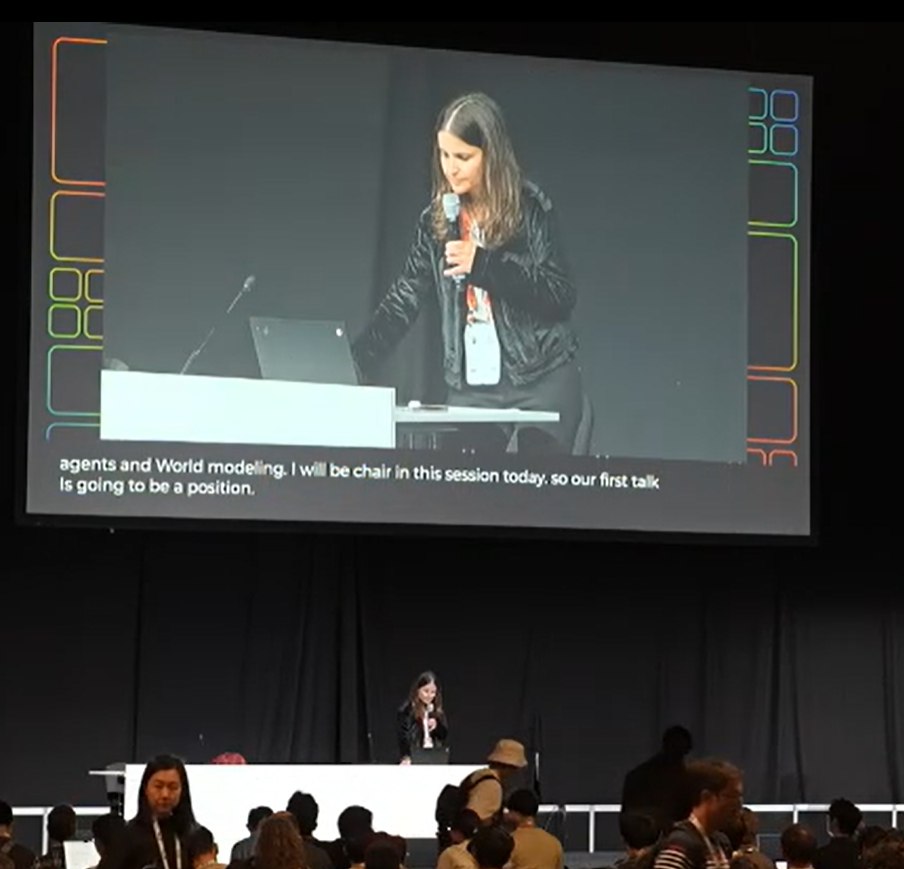
CompeteAI: Understanding the Competition Dynamics of Large Language Model-based Agents 17:00 – 17:15 CEST
Qinlin Zhao · Jindong Wang · Yixuan Zhang · Yiqiao Jin · Kaijie Zhu · Hao Chen · Xing Xie
Large language models (LLMs) have been widely used as agents to complete different tasks, such as personal assistance or event planning. Although most of the work has focused on cooperation and collaboration between agents, little work explores competition, another important mechanism that promotes the development of society and economy. In this paper, we seek to examine the competition dynamics in LLM-based agents. We first propose a general framework for studying the competition between agents. Then, we implement a practical competitive environment using GPT-4 to simulate a virtual town with two types of agents, including restaurant agents and customer agents. Specifically, the restaurant agents compete with each other to attract more customers, where competition encourages them to transform, such as cultivating new operating strategies. Simulation experiments reveal several interesting findings at the micro and macro levels, which align well with existing market and sociological theories. We hope that the framework and environment can be a promising testbed to study the competition that fosters understanding of society. Code is available at: https://github.com/microsoft/competeai.
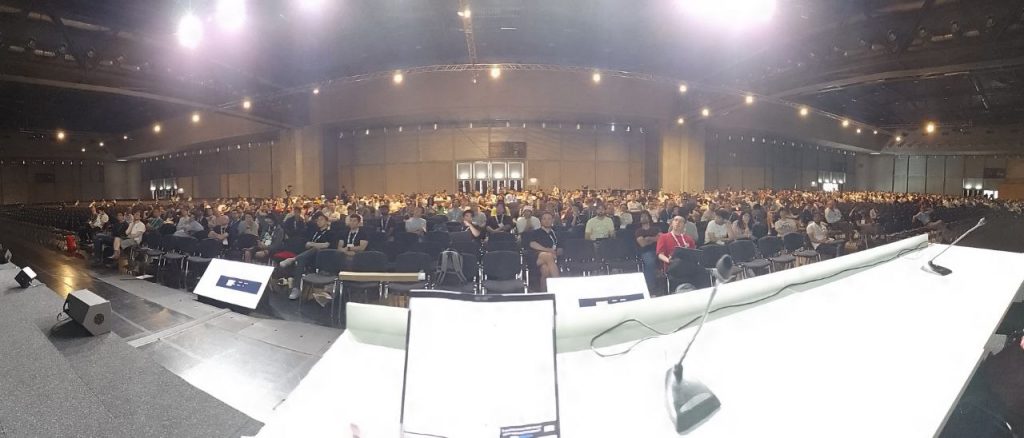
GPTSwarm: Language Agents as Optimizable Graphs 17:15 – 17:30 CEST
Mingchen Zhuge · Wenyi Wang · Louis Kirsch · Francesco Faccio · Dmitrii Khizbullin · Jürgen Schmidhuber
Various human-designed prompt engineering techniques have been proposed to improve problem solvers based on Large Language Models (LLMs), yielding many disparate code bases. We unify these approaches by describing LLM-based agents as computational graphs. The nodes implement functions to process multimodal data or query LLMs, and the edges describe the information flow between operations. Graphs can be recursively combined into larger composite graphs representing hierarchies of inter-agent collaboration (where edges connect operations of different agents). Our novel automatic graph optimizers (1) refine node-level LLM prompts (node optimization) and (2) improve agent orchestration by changing graph connectivity (edge optimization). Experiments demonstrate that our framework can be used to efficiently develop, integrate, and automatically improve various LLM agents. Our code is public.
You can find more information on the conference’s website.
